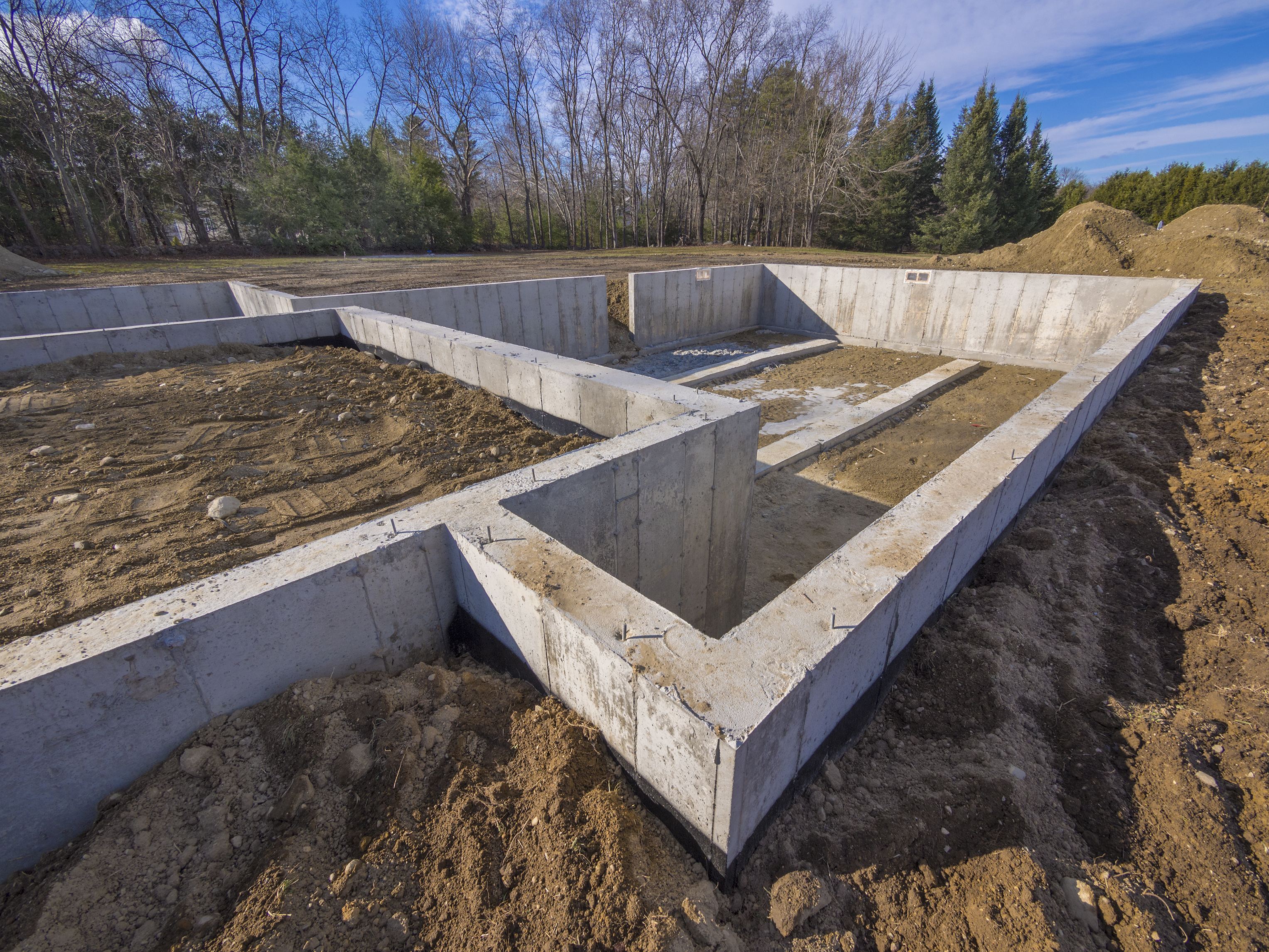
Safety First: Best Practices for Ensuring a Secure Excavation Site Sep 07, 2025
The first step in ensuring a secure excavation site is thorough pre-planning. Before the shovel hits the ground, it's crucial to conduct a comprehensive site assessment. This involves reviewing the site's geological conditions, understanding weather patterns, and identifying any potential hazards such as underground utilities. Partnering with utility companies for accurate maps can prevent unforeseen surprises, keeping your workers safe and your project on track.
Once you have a clear understanding of the site's conditions, it's time to inform and equip your team. Communication is key—every worker on the project should be informed of the site's specific risks and the measures put in place to mitigate them. Safety training should be mandatory and tailored to the unique aspects of each job. Regular safety briefings and updates help ensure that safety remains top of mind throughout the project.
Personal protective equipment (PPE) is a non-negotiable aspect of a secure excavation site. Equipping your team with the right PPE—such as hard hats, steel-toed boots, and high-visibility clothing—is a basic yet critical step in minimizing the risk of accidents. It's also important to regularly inspect PPE for wear and tear to ensure ongoing protection for your workforce.
The choice of machinery and how it is operated can also greatly affect site safety. At Full Throttle Excavation LLC, we stress the importance of using the right equipment for the job and ensuring it's properly maintained. Regular equipment inspections prevent malfunctions and extend the life of your machinery. Moreover, only certified operators should run excavation equipment, as their expertise minimizes the likelihood of operational mishaps.
A safe excavation site also adheres to regulatory guidelines. Compliance with local and federal safety standards isn't just a legal obligation; it's a moral one. Familiarize yourself with OSHA regulations and ensure your project complies with all relevant excavation safety requirements. This proactive approach not only averts potential fines but also enhances your company’s reputation as a responsible contractor.
Monitoring and contingency planning are essential for adapting to on-site developments. Assign a dedicated safety officer to oversee the site, ensuring ongoing compliance and addressing any issues promptly. It's also wise to have an emergency response plan tailored to your excavation site; everyone should be aware of this plan and understand their role within it.
To conclude, fostering a safe excavation environment is a multifaceted endeavor that requires diligence, planning, and expertise. By prioritizing safety measures and committing to ongoing education, excavation companies can protect their workforce and ensure the smooth operation of their projects. At Full Throttle Excavation LLC, our commitment to safety reflects our dedication to excellence and integrity in our work. When safety is first, everyone involved benefits—creating a ripple effect of security and success across our projects and the communities we serve.
/filters:no_upscale()/media/cf196823-39ad-4351-a480-e912e786ea07.jpeg)